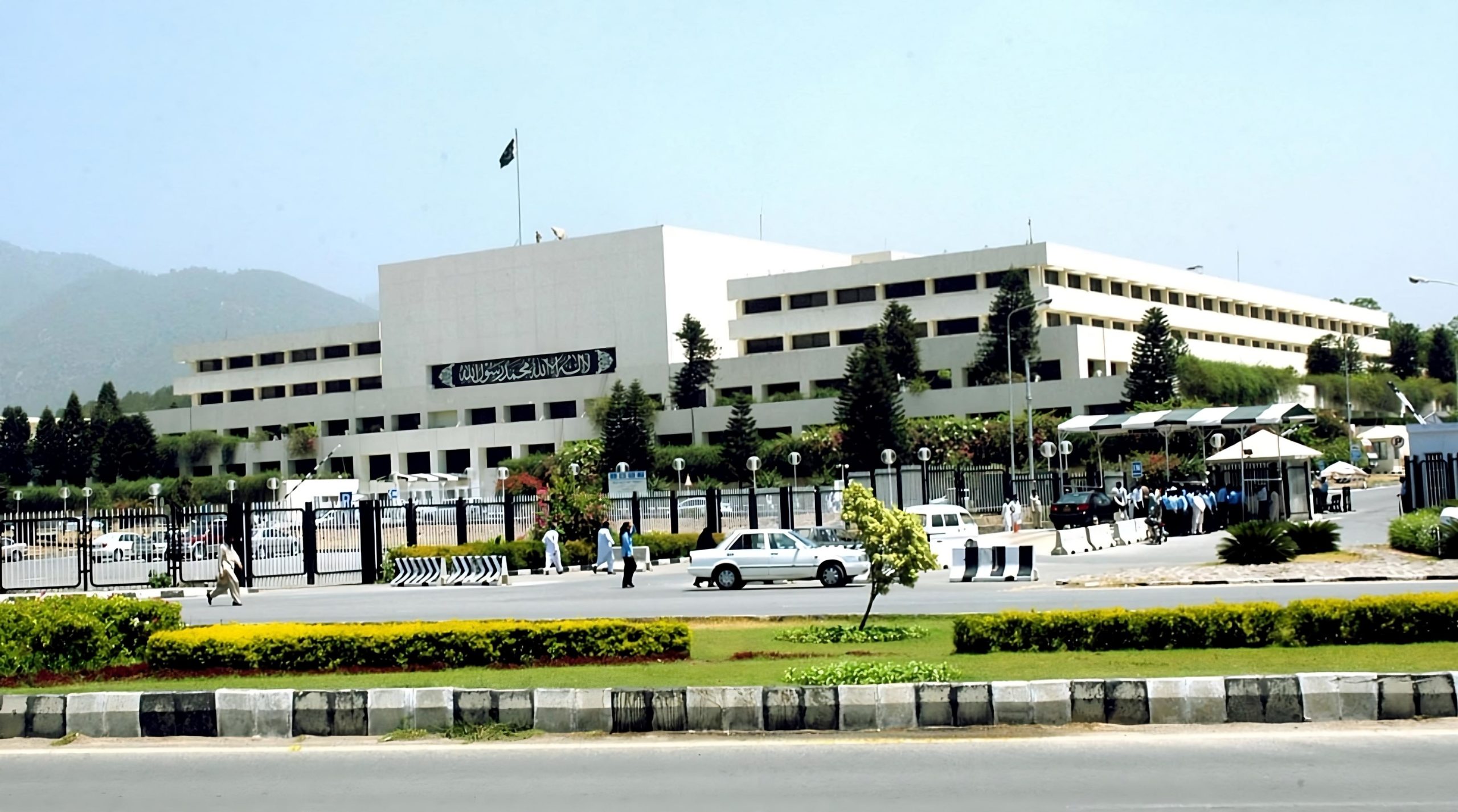The National Finance Commission (NFC) Award in Pakistan has long been a subject of discussion and debate. It serves as a mechanism for the distribution of financial resources among the federal government and the provincial governments, aiming for equitable distribution and balanced development across regions. However, recent attempts to make changes in the NFC Award have faced rejection, sparking controversy and raising questions about the future of fiscal federalism in the country.
Understanding the NFC Award
The NFC Award is essentially a constitutional obligation that mandates the distribution of financial resources among the federal and provincial governments in Pakistan. It operates under Article 160 of the Constitution, outlining the principles and procedures for resource allocation.
What is the NFC Award?
In simple terms, the NFC Award determines how the revenue collected by the federal government, primarily through taxes, is distributed among the provinces. It aims to ensure that all provinces receive a fair share of resources to foster economic development and social welfare.
Historical Context
The concept of fiscal federalism and revenue sharing in Pakistan traces back to the country’s inception. Over the years, various formulas and mechanisms have been devised to address the evolving needs and challenges of the provinces.
Need for Changes
While the NFC Award has played a crucial role in resource allocation, there have been growing calls for reforms to address emerging issues and disparities.
Why Change is Required?
The existing formula for revenue distribution has been criticised for its failure to accurately reflect the changing demographics, economic dynamics, and developmental needs of different provinces.
Challenges in the Current System
One of the primary challenges is the discrepancy between revenue generation and resource allocation, leading to grievances among smaller provinces and calls for a more transparent and equitable distribution mechanism.
Proposed Changes
To address these concerns, several proposals for reforming the NFC Award have been put forward, aiming to ensure a more balanced and efficient allocation of resources.
Overview of Proposed Reforms
The proposed reforms include revising the criteria for resource distribution, incorporating indicators of population growth, poverty levels, and revenue generation capacity.
Key Recommendations
Among the key recommendations are the establishment of a more robust revenue-sharing formula, greater fiscal autonomy for provinces, and mechanisms to address regional disparities.
Reasons for Rejection
Despite the pressing need for reforms, recent attempts to make changes in the NFC Award have been met with resistance and rejection.
Opposition and Criticism
The rejection of proposed changes can be attributed to various factors, including political interests, concerns over centralization of power, and disagreements among stakeholders.
Political Implications
The issue of NFC Award reform has significant political ramifications, with different political parties and provinces holding divergent views and interests.
Impact on Different Provinces
The rejection of proposed changes in the NFC Award has implications for all provinces, each with its own set of concerns and priorities.
Regional Perspectives
Provinces vary in their economic strengths, development priorities, and political affiliations, leading to differing perspectives on the proposed reforms.
Concerns of Different Stakeholders
Stakeholders, including provincial governments, civil society organizations, and economic experts, have expressed concerns over the implications of the rejection on governance, development, and inter-provincial relations.
Alternatives to the Proposed Changes
In light of the rejection of proposed changes, there is a need to explore alternative solutions and mechanisms to address the challenges faced by the current system.
Exploring Alternative Solutions
Alternative approaches, such as incentivizing revenue generation, promoting inter-provincial cooperation, and strengthening local governance, could offer viable alternatives to wholesale reforms.
Possible Compromises
Finding common ground and reaching consensus on contentious issues requires political will, dialogue, and a willingness to compromise for the greater good.
Public Opinion
Public opinion plays a significant role in shaping the discourse around the NFC Award and its proposed reforms.
Views from the General Public
Opinions among the general public vary, with some advocating for radical changes to the existing system, while others emphasize the need for gradual reforms and consensus-building.
Social Media Reaction
Social media platforms serve as a battleground for competing narratives, with hashtags, memes, and online discussions reflecting the diversity of opinions and sentiments on the issue.
Legal and Constitutional Aspects
The rejection of proposed changes in the NFC Award raises questions about the legal and constitutional framework governing fiscal federalism in Pakistan.
Legal Framework of NFC Award
The NFC Award operates within the parameters set forth by the Constitution of Pakistan, with any changes requiring adherence to constitutional provisions and legal procedures.
Constitutional Provisions
Constitutional safeguards ensure the autonomy and rights of provinces in matters of fiscal management and resource allocation, underscoring the need for consensus and cooperation among all stakeholders.
Future Outlook
While the rejection of proposed changes in the NFC Award presents challenges, it also offers opportunities for reflection, dialogue, and course correction.
Possibilities Moving Forward
The path forward involves engaging all stakeholders in constructive dialogue, addressing grievances, and exploring innovative solutions to foster equitable development and national cohesion.
Long-term Implications
The decisions made today regarding the NFC Award will have far-reaching implications for Pakistan’s fiscal federalism, governance structure, and socio-economic development in the years to come.
Conclusion
In conclusion, the rejection of proposed changes in the NFC Award underscores the complexities and challenges inherent in fiscal federalism in Pakistan. While the road ahead may be fraught with obstacles, it also presents opportunities for consensus-building, innovation, and reform to create a more equitable and prosperous future for all provinces.
FAQs (Frequently Asked Questions)
1. Why is the NFC Award important for Pakistan?
- The NFC Award determines the distribution of financial resources among the federal and provincial governments, playing a crucial role in fostering economic development and social welfare.
2. What are the main challenges facing the current NFC Award system?
- Challenges include discrepancies in revenue generation and resource allocation, concerns over transparency and equity, and political interests influencing decision-making.
**3. How can alternative solutions address the issues with the NFC Award

